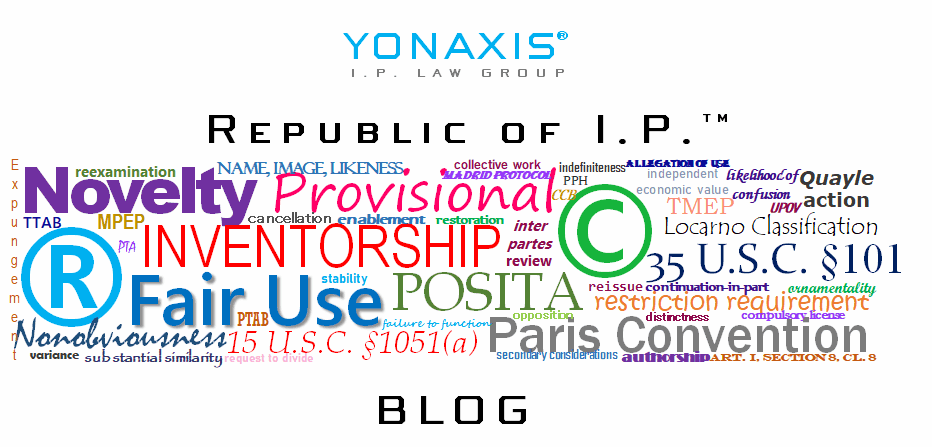It was announced that the U.S. Drug Enforcement Administration (DEA), the federal agency responsible for enforcement of federal drug laws, will take up the recommendation from the U.S. Health and Human Services (HHS), and reschedule marijuana (cannabis) from the current Schedule I to Schedule III under the Controlled Substances Act (CSA).
Rescheduling will have major implications across many industries:
- Manufacturers, distributors, and dispensaries may lawfully conduct their trades under the guise of the CSA;
- State medical marijuana programs and statutes will be in compliance and consistent with federal regulatory oversight (principally, the DEA);
- Scientific research will have less regulatory controls in research and development of new drugs consisting of cannabis;
- Pharmaceutical drug compositions consisting of the cannabis plant, compounds, or extracts can be lawfully regulated for market release through the U.S. Food and Drug Administration (FDA);
- Lesser criminal penalties for consumers of medical marijuana;
- Distributors and retailers of marijuana will have tax protections;
- Federal trademark registration may be available for goods and services directed to the cannabis plant because such use in commerce would not be unlawful under Sections 1 and 45 of the Lanham Act.
This last consideration is the biggest impact in intellectual property protection because it will open up a large swath of businesses that were otherwise prohibited from obtaining a federal trademark registration because of their commercial use directed to cannabis.
Any further developments will be reported on this blog. If you are a cannabis manufacturer, distributor, retailer, or researcher, please contact Yonaxis I.P. Law Group to discuss any intellectual property legal options in light of the DEA’s action.
